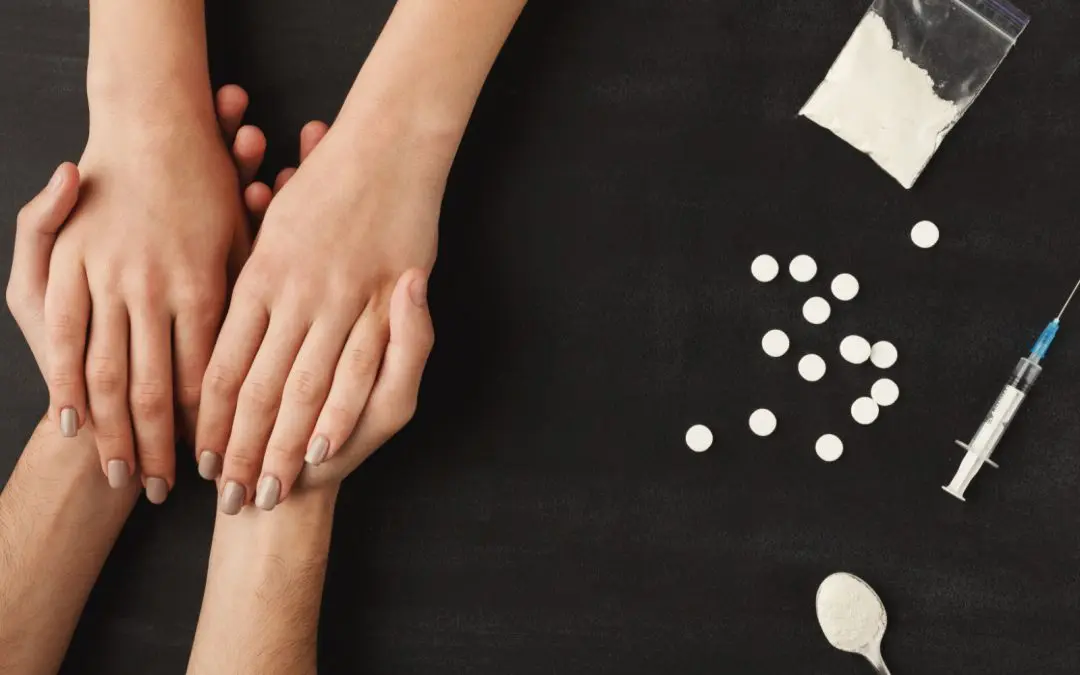24/7 Helpline:
(866) 899-111424/7 Helpline:
(866) 899-1114
Learn more about PTSD Treatment centers in Gilbert
PTSD Treatment in Other Cities

Other Insurance Options

Providence

UnitedHealth Group

Carleon

Sutter

Lucent

Coventry Health Care

American Behavioral

Holman Group

Optum

Health Partners

State Farm

AllWell

Health Choice

Oxford

BlueShield

Magellan

Molina Healthcare

Ambetter

Excellus

Multiplan









